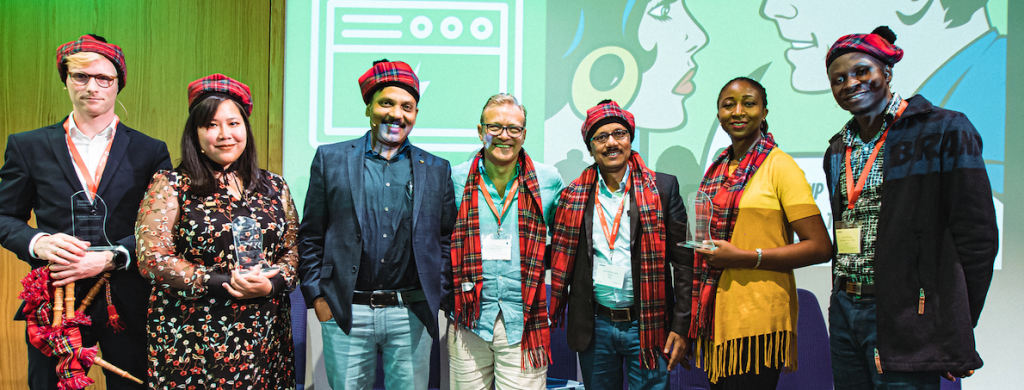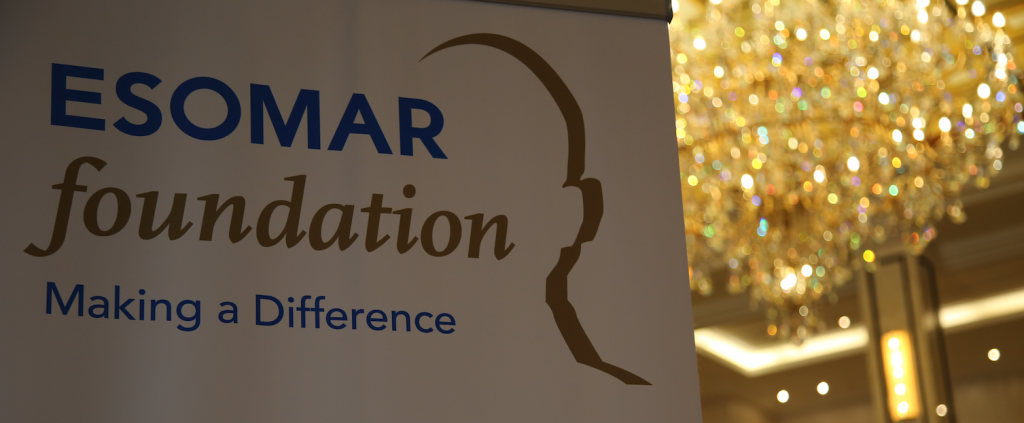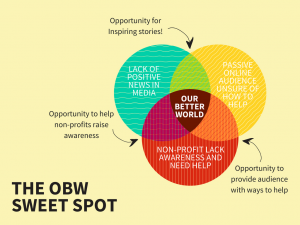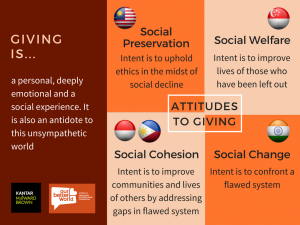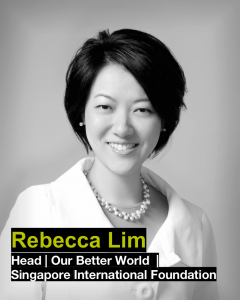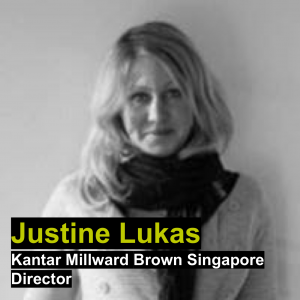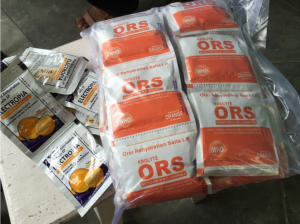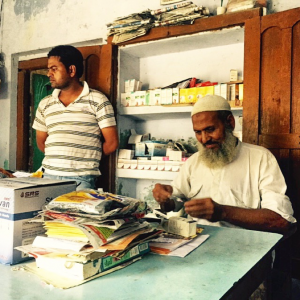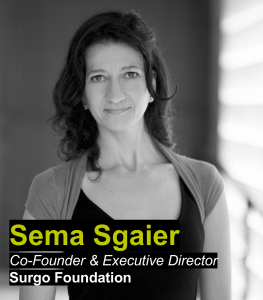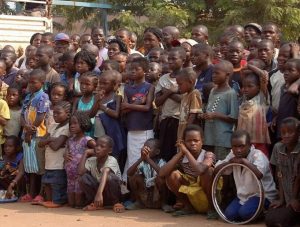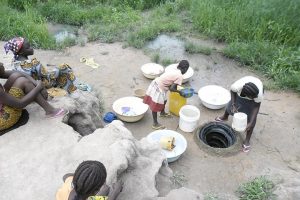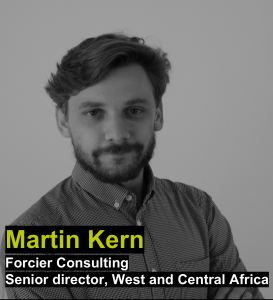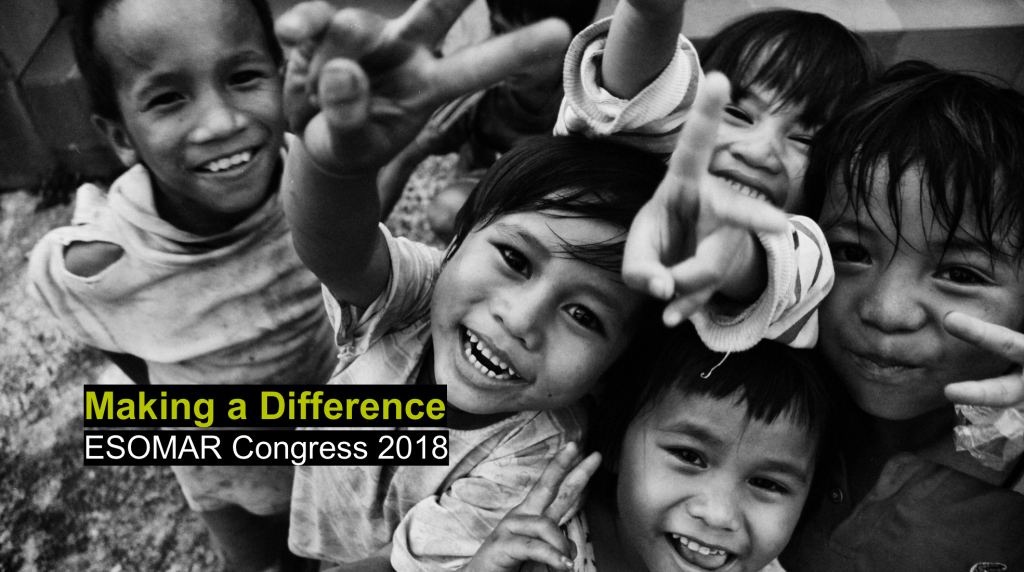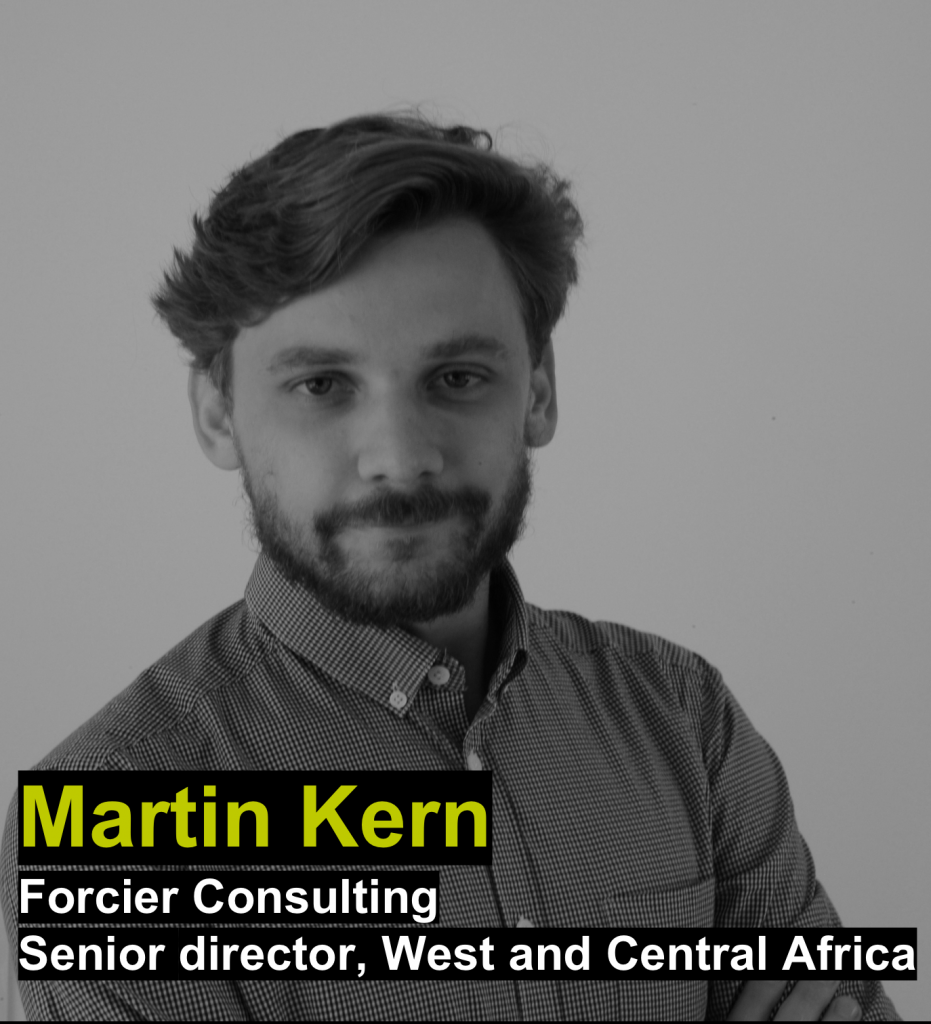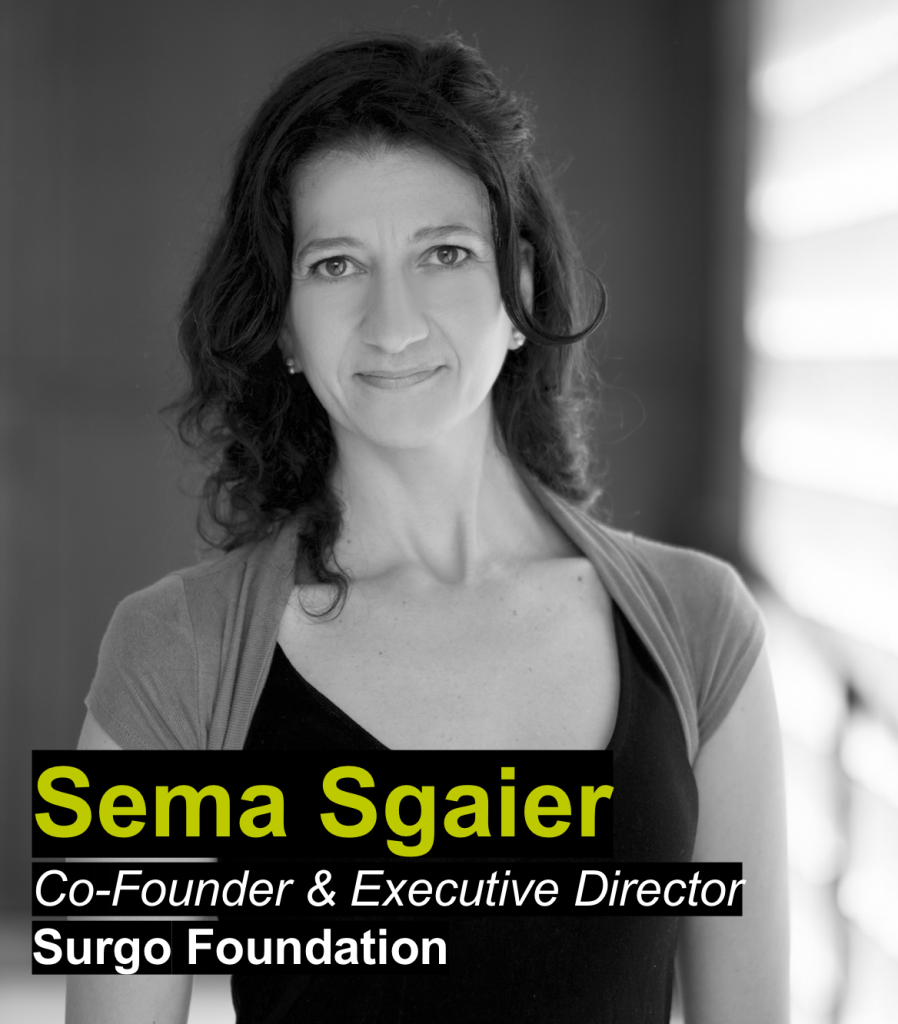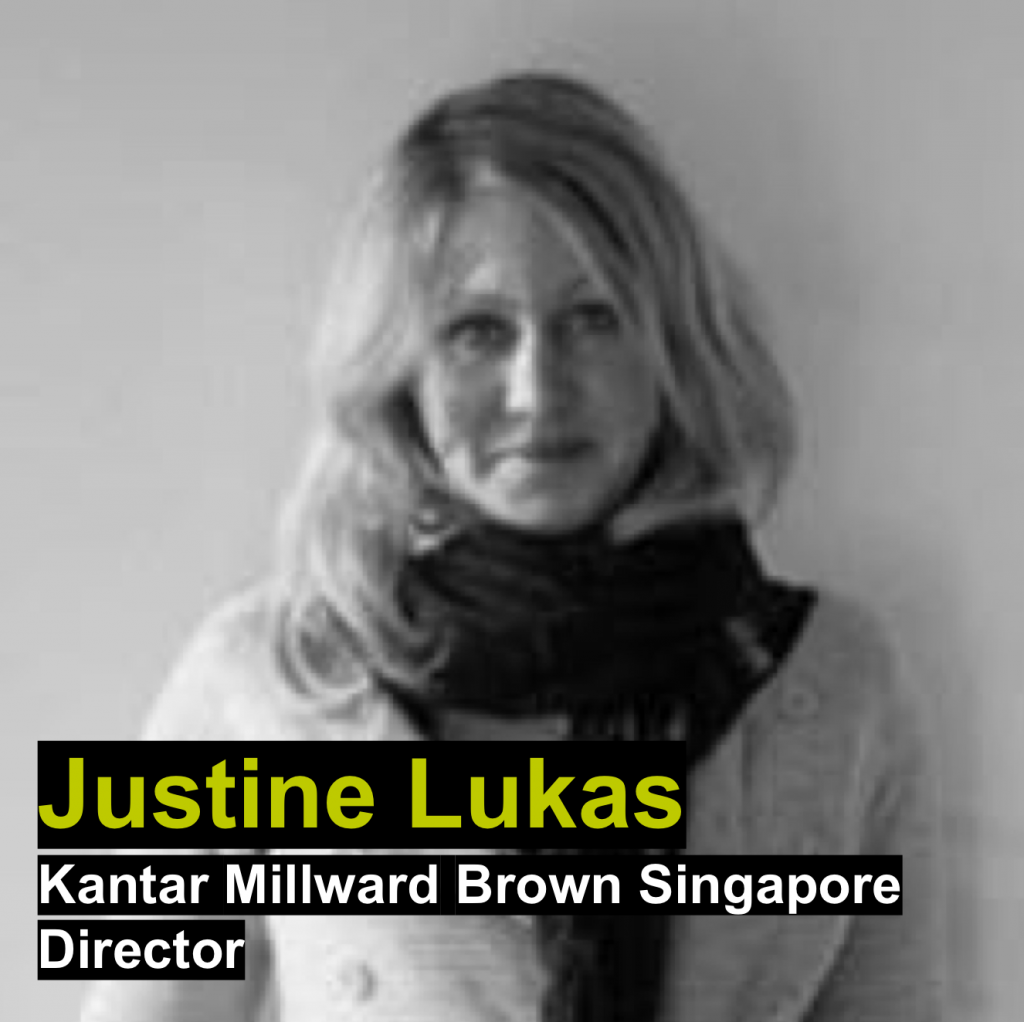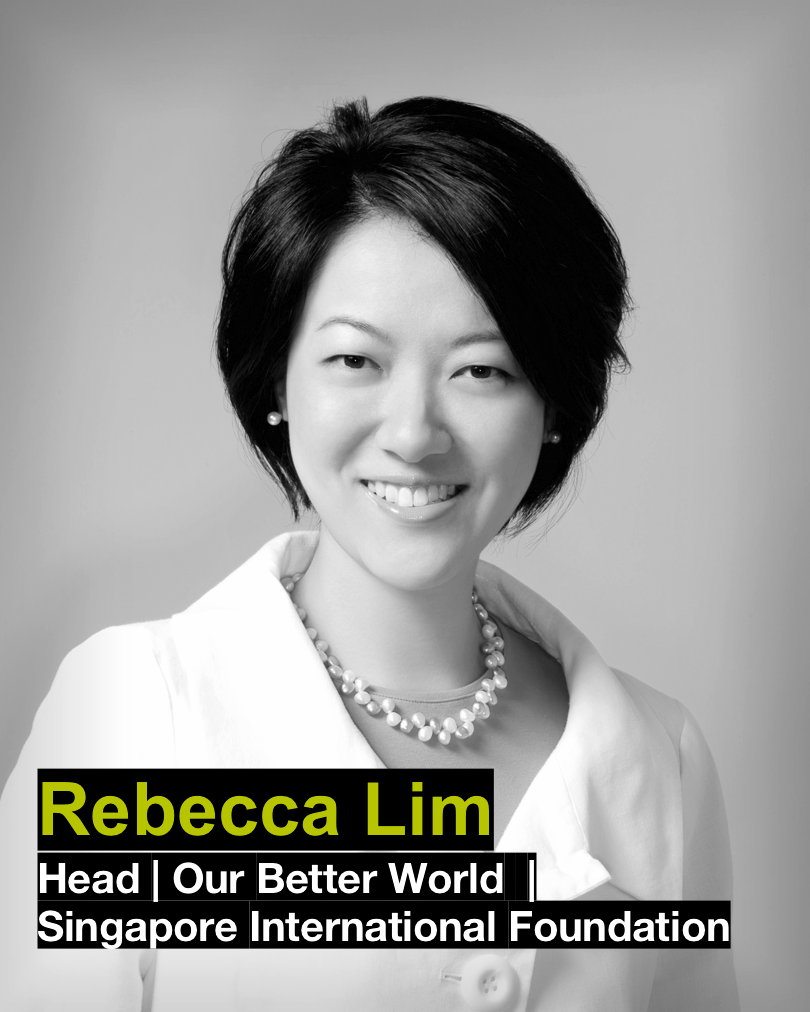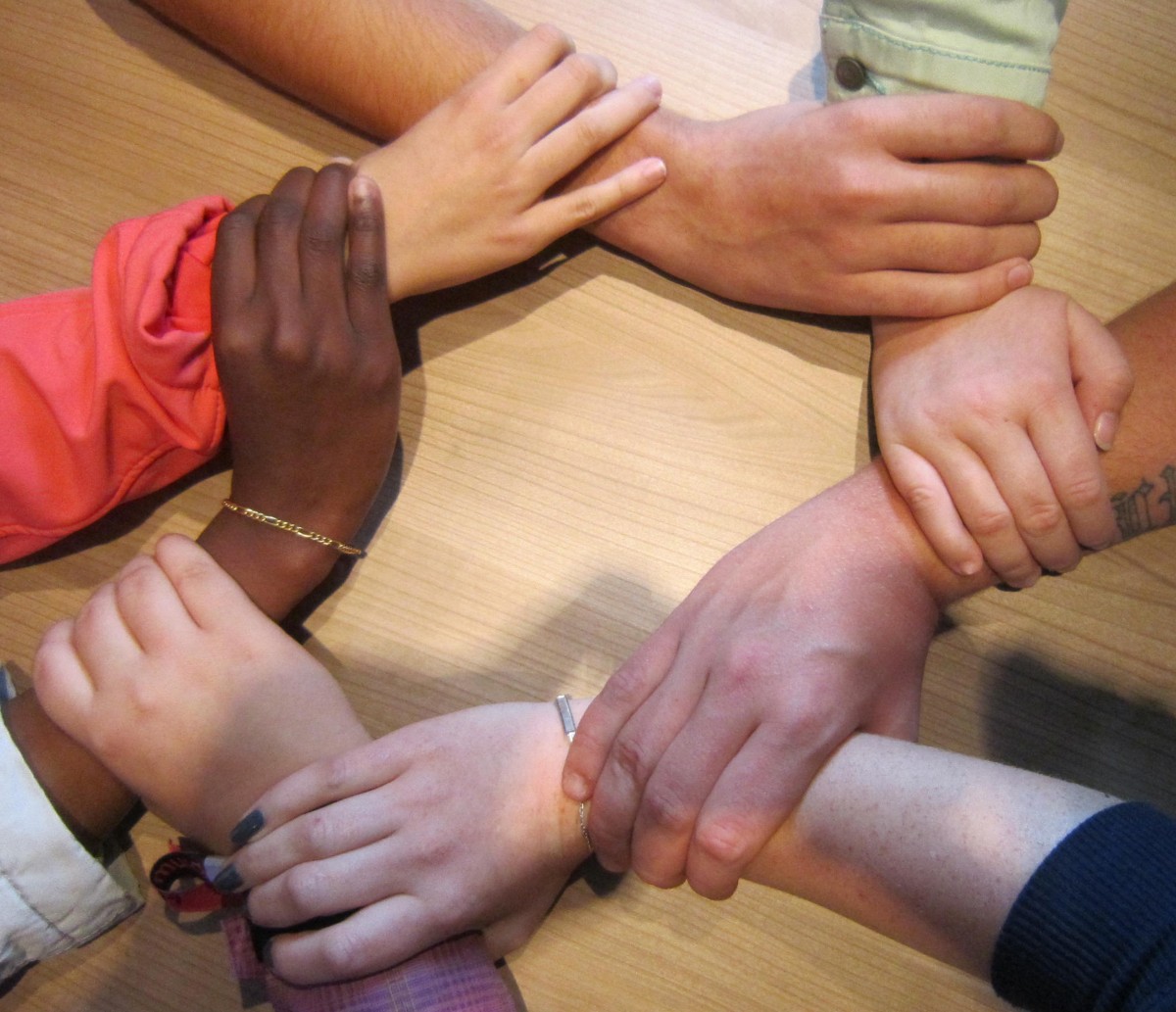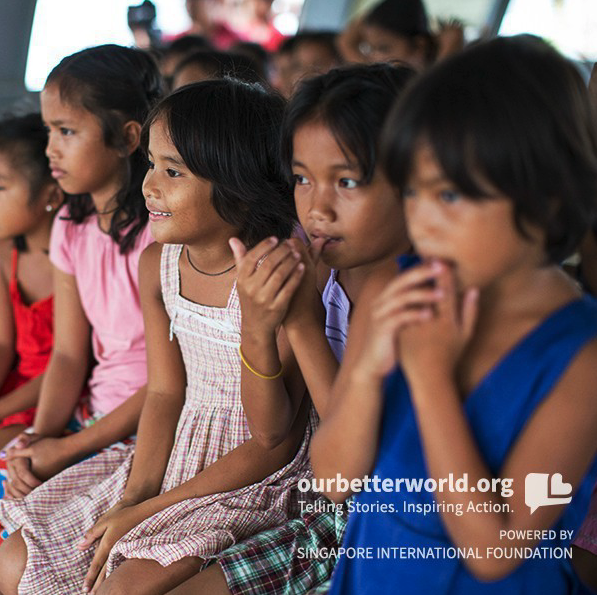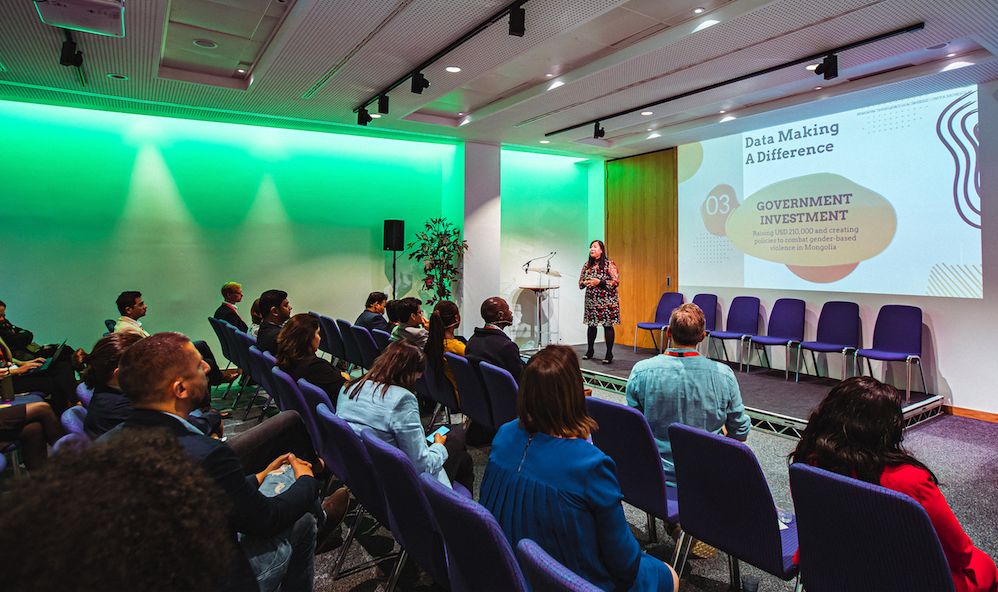
We had many excellent entries for our Making a Difference Competition this year – selecting the best for the Awards is a very difficult task – so much research is being used so well to make the world a better place! Though that doesn’t mean, of course, that our task is done – there are still many stories of aid money being spent badly and/or ineffectively. Research still needs to be more widely used to ensure good outcomes.
We aligned the best case stories – the Award Winners – with the UN SDG’s (Sustainable Development Goals) so that we can see the effect on progress with the goals in multiple areas.
For SDG #3: Good Health and Well-Being we had a study on ‘Towards an Open-Defecation-Free Clean India’, by AV Surya and Saptarshi Guha of KANTAR. Perhaps not for the squeamish, this study demonstrated the need for long term monitoring and measurement to measure progress – cultures are not changed over-night – this is a 5-year programme! And also the requirement for on-going qualitative work and ethnography to overcome barriers to adoption – which change over time.
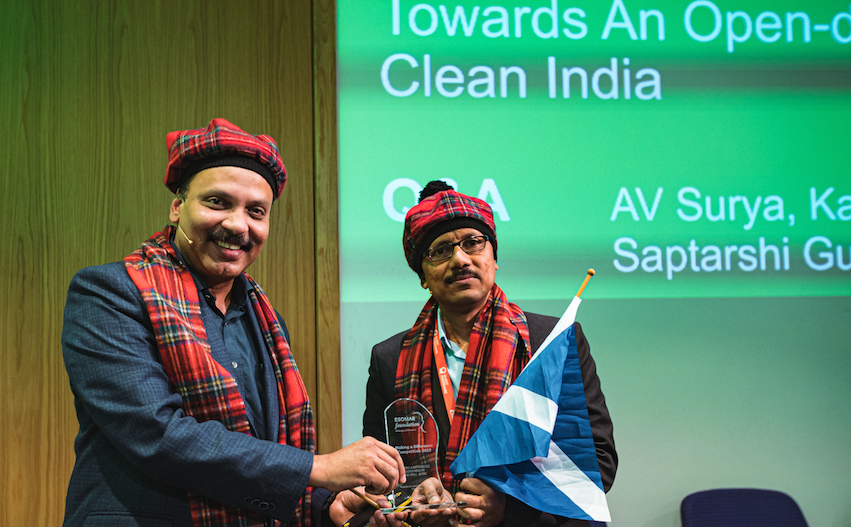
SDG #16: is Peace, Justice and Strong Institutions, and we had a presentation on ‘Social Media to Strengthen Political Participation of Young People in Nigeria’, given by Anu Mohammed and Chibuike Utaka, of BBC Media Action – an excellent demonstration of how to use social media to engage youth in a subject that they were really quite apathetic about. Let’s face it – it’s difficult to engage young people in politics and voting in European countries – much more so in countries where the political climate is extremely challenging!
Gender Equality (SDG #5) was represented by a paper ‘Breaking the Silence: Uncovering Truths about Gender-Based Violence in Mongolia’, by Kai Jimenez, of UNFPA Mongolia. This was an extremely large and high-quality study designed to demonstrate the reality of a subject that no-one wants to acknowledge or talk about in Mongolia. In fact, the lack of information meant that most people could deny it existed! Kai’s UNFPA study showed the truth and started the conversation, which is the beginning of change.
We were also very pleased to include a study from the developed world. For SDG #4: Quality Education we had a ‘Study of Young People with Dyslexia’ presented by Christian Vestergaard Sloth, of EPINION. Which showed that Dyslexia, if not diagnosed early, and supported well throughout the education system, can lead to very poor life outcomes – even in a country like Denmark! Everyone deserves a quality education – people with dyslexia have the same levels of intelligence as everyone else – so the fact that they tend to do less well in life, means there is a failure somewhere in the education system, which should be addressed.
In summary, an excellent, thought-provoking and inspiring session which demonstrated the real value that research can bring to the Not-for-Profit sector in all areas of life. The session ended with the awards ceremony sprinkled generously with the local tartan.
The warmth and interest received from the audience validates our belief that promoting the use of research is the right thing to do, to make the world a better place.
